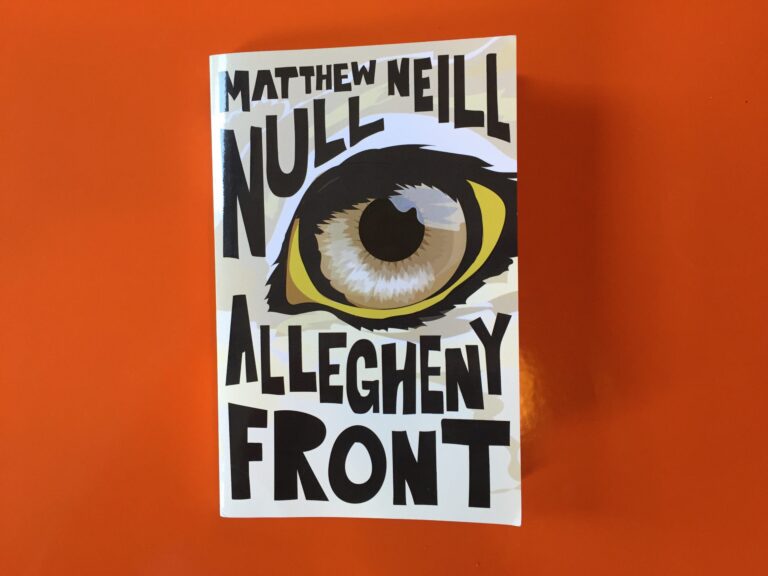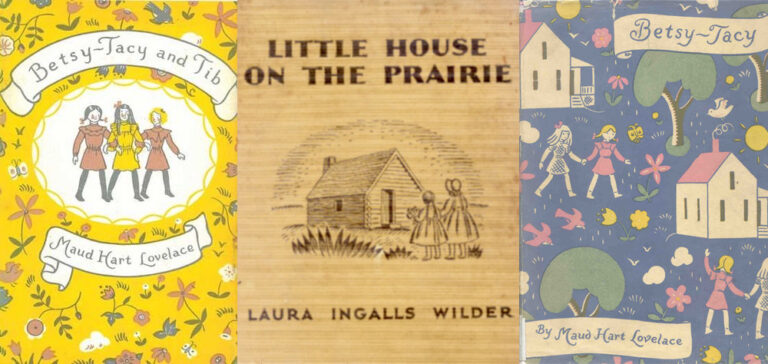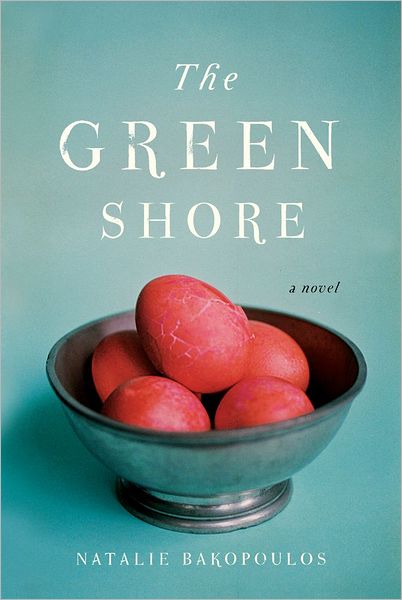Sight Lines: An Interview with Poet Sandra Marchetti
Sandra Marchetti is the author of Confluence, a collection of poetry from Sundress Publications (2015). She’s also written four chapbooks of poetry and lyric essays, including Heart Radicals (ELJ Publications), A Detail in the Landscape (Eating Dog Press), The Canopy (MWC Press), and most recently Sight Lines (Speaking of Marvels Press, 2016). Marchetti’s poems can be found in Blackbird, Tupelo Quarterly, So To Speak Journal, Ecotone, Green Mountains Review, Split Lip Magazine, and elsewhere. She is a lecturer in interdisciplinary studies at Aurora University near Chicago. I interviewed her about her latest chapbook, Sight Lines, that is newly available for download this week!
What draws you to poetry? To you, what is a poem?
Poetry is “it.” We are not waiting for it, or reading ahead to get to it. Poems are the thing themselves, especially short poems.
I am drawn to poetry because 50 words can do more than I ever dreamed when I think of them as a poem. Poetry makes an art of arrangement, of collecting. I get to keep the unusual and the beautiful in the wonder cabinet that is a poem.
Octavio Paz says, “Poetry is memory become image, and image become voice.” That voice is the arrangement, the act of collecting. Paz mentions a Chinese saying that the poem unites the “ten thousand things that make up the universe.” I agree that a poem is bigger than a sum of its parts. Poems do more with less. They energize and fire our minds in ways that we can’t imagine possible when we aren’t reading poems. A poem is also a song that must make meaning and music using just one instrument—words.
What’s the relationship between poetry writing and essay writing for you?
I used to employ very different processes when I wrote essays and poetry. That has changed. Now, I am prone to write notes for both, and sit down much later to write a draft.
Essays, though, can be completed in a day or three, once the idea is there and starting to flesh out. I am not beholden to always finding “the perfect word” in my essays. I can’t when I am working with 1,000 or more words! I often write essays for specific publications, so once their editors have suggestions, I will spend more time with each piece.
Edits on my poems have been few and far between and I suspect this is true for other poets as well. But I log weeks and months working on a poem before I send it anywhere, and I suspect that’s part of the difference. Also, unlike a meditative essay, a brief poem doesn’t have time to “reel you in.” It either gleams or it doesn’t.
A reviewer said of Sight Lines that the book, which is hybrid lyric essay and poetry, reads like a concise craft lecture of a technique (the essay portion on writing en plein air) accompanied by samples of that technique in action (the poems). I didn’t mean for the book to feel instructive, but this comment rang true to me. It’s something I learned from Harryette Mullen at Vermont Studio Center who took students on a tanka walk after completing her book of tanka, Urban Tumbleweed. She showed us the technique in action, then read poems that employed that method. It was immensely powerful. This is perhaps how essay/lecture can inform art/poetry.
What’s it like to structure a hybrid chapbook with a lyric essay and poems, as compared to a full-length book of poetry?
Structuring chapbooks has always been easier for me. That being said, three of my chapbooks are around 15 pages. They are very concise, and ordering 15 pages feels like fun rather than a chore. Keeping someone’s attention for 60 pages of poems? Bless us poets who must try.
Sight Lines began as a micro-chapbook. A couple presses had a call for books under 15 pages, and I decided to combine a poem that I wrote, “Shadow” and a craft essay that explained how that poem came to be. So, when I initially sent out the “book” it was really only 5-6 pages long! I deal in miniatures.
William Kelley Woolfitt wrote back graciously agreeing to publish the book, but urging me to add a few more poems, so I did. However, the nexus of the manuscript is still the interplay between a poem about a fox glaring in the woods, and an essay that expands upon that experience and the writing of the poem.
Conversely, I structured Confluence, my full-length poetry collection, over the course of years. Instead of one nexus, it has several. Many of the poems are very similar in the collection, which made it more challenging. How many metrical poems about our natural world can one read? I began to wonder. So the challenge was to keep the book fresh, to keep someone engaged. It’s similar to the challenge of writing lengthy prose.
Who are some writers who are inspiring you lately? How has your poetry evolved because of your reading?
Since I’m writing a book of baseball poems, I’ve been diving into some great sports literature. If you’re in the market for that, I’d look into Andrew Forbes’ The Utility of Boredom, Hobart’s Baseball Handbook, the journal Sport Literate, Darren Demaree’s Temporary Champions, Jeff Parker and Pasha Malla’s Erratic Fire, Erratic Passion, and Atticus Books’ More Than Sports Talk online magazine. These voices—not all strictly poetic—are evolving my poetry, and it’s a good break. Reading this stuff is actually forcing me to write prose poems, which is a pretty wild variance for me.
What’s next in your writing? What are you working on now?
Today, I ship off on a writing residency at Sundress Academy for the Arts in Tennessee for a week. My plan is to write seven poem drafts while I am there and revise some poems in progress (making it official here means I have to do it!). I may even work on compiling a chapbook. I have two full-length poetry collections in progress—one on writers who have become my influences, appropriately titled “Menageries” for now (see comment above about poetry-as-collecting)—and one about being a third generation, die-hard Chicago Cubs fan. It’s a book about listening to baseball games on the radio, going to games with my dad, and generally crying a lot. Sports are the ultimate metaphor, and baseball is akin to the spiritual in my world. I can’t get enough of writing about it.
Marchetti’s chapbook Sight Lines is now available for free download from Speaking of Marvels Press.


